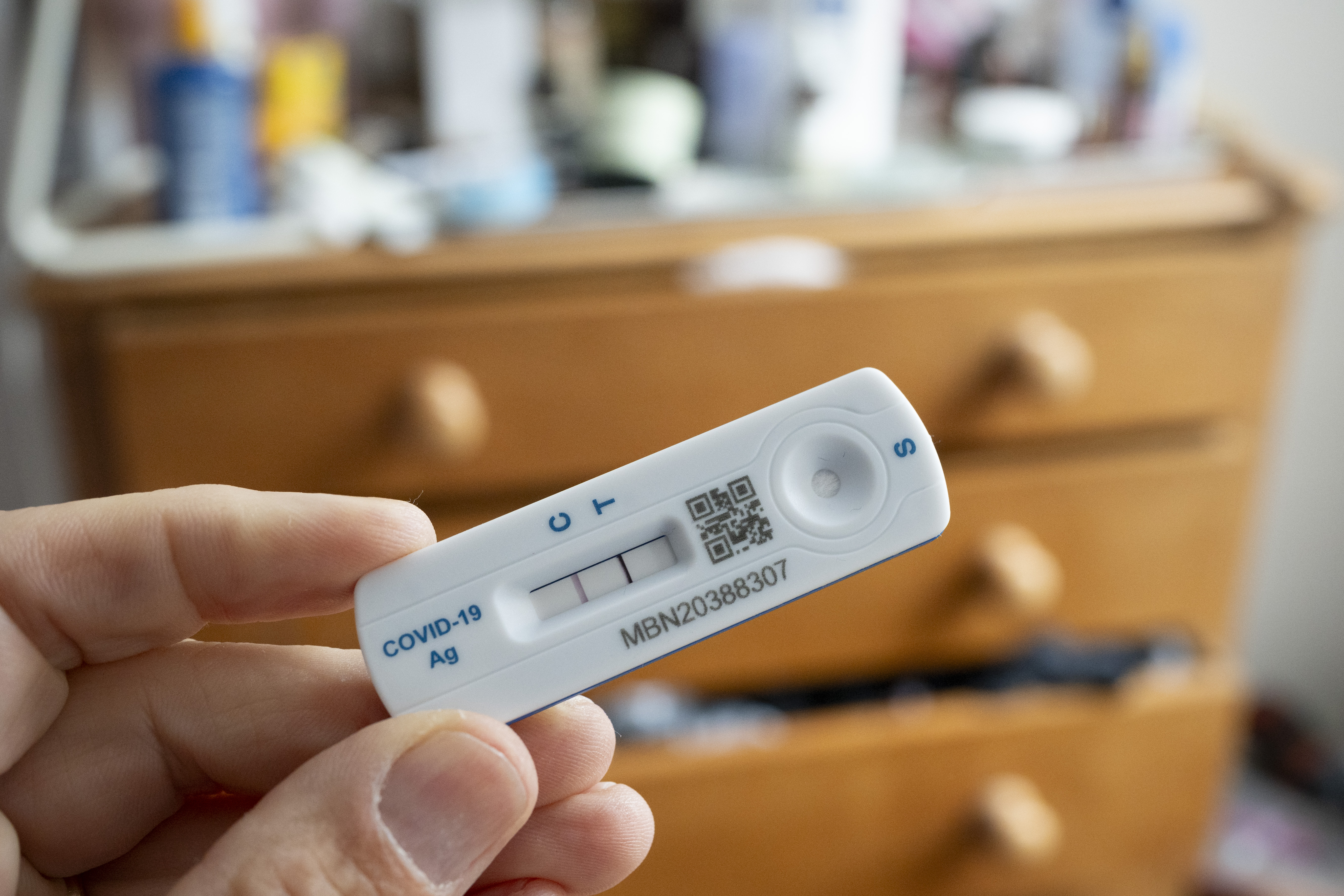With Covid cases surging this summer, the upcoming rollout of updated vaccines in the fall raises an important question: Will they arrive in time to make a difference?
Covid waves haven’t followed a seasonal, predictable pattern like the flu, which typically starts spreading in the fall and peaks in late winter and spring. Flu shots, which take two weeks to be fully protective, are generally recommended in September or October.
The new Covid vaccines, which target the KP.2 strain, a descendant of the highly contagious JN.1 variant that emerged last winter, are expected to be distributed in the coming weeks.
Even if the vaccines are available within the next month, immunologists and infectious disease experts don’t expect them to have much effect on the current summer wave. The shots will be important, however, as the U.S. heads into the fall and winter, when cases usually rise again.
Get Tri-state area news delivered to your inbox.> Sign up for NBC New York's News Headlines newsletter.
“History tells us that if there’s going to be a new, significant major wave of Covid, it’s more likely to come in the fall than at this time this year,” said John Moore, a professor of microbiology and immunology at Weill Cornell Medical College. “In 20/20 hindsight, could it have been done earlier? It’s really hard to critique the current plan because it’s both logical and reasonable.”
“You’re kind of damned if you do and damned if you don’t,” he added.
Covid can surge throughout the year, according to the Centers for Disease Control and Prevention. Data from the four years of Covid shows that it does peak in winter — December and January — and also in the hot summer months of July and August. In 2024, cases started rising in June and are still high, the CDC’s wastewater data tracker shows.
Despite the double waves, the Food and Drug Administration has been following a routine similar to how the annual flu shot is updated. Vaccine experts select the Covid strain in the spring for a vaccination campaign in the fall.
Ideally, public health officials would aim to administer Covid vaccines shortly before each wave to decrease transmission, infection and severe illness, said Akiko Iwasaki, an immunologist at Yale University.
But until the U.S. can get the timing down, “perhaps the right thing to do at this time is to give two boosters per year, one in the early summer and one in the fall,” she said, adding that the time frame for the fall vaccine rollout is a “good but tricky question.”
“Of course, such boosters have to be well matched to the circulating variant,” she said.
In fact, in February, the FDA and CDC did recommend a booster for people at higher risk for the most severe complications of Covid — primarily those ages 65 and older. The goal was to offer protection ahead of another likely summer surge. Only about 10% of adults 65 or older got the two-dose 2023-24 booster, and the summer wave happened anyway.
Last fall, when CDC data showed a rise in hospitalizations, some doctors criticized the FDA for waiting too long to roll out the updated Covid vaccines.
Has the FDA considered changing the fall vaccine rollout schedule, now early September?
In an emailed response, an FDA spokesperson directed NBC News to comments made by CDC epidemiologist Ruth Link-Gelles during the FDA advisory committee meeting in June. Link-Gelles highlighted the challenges in determining the optimal timing for administering the Covid vaccines.
“For flu and RSV, we have years and years of data with very similar trends over time,” she said. “So you can’t quite set your watch to when those seasons are going to start, but you can get very close. For Covid, that’s not true at all. We’ve seen surges in summer, in August the last few years. So it becomes a little bit of a game to try to play to time Covid vaccine introduction.”
Many people, including young healthy adults, likely wouldn’t need more than one Covid shot a year, said Dr. Isaac Bogoch, an infectious disease specialist at the University of Toronto.
“I think it’s impossible to make a blanket statement for a population of over 300 million people,” he said. “There are some people who are at risk for severe Covid who have had a long duration between now and their most recent vaccines who may be at greater risk, and maybe in those situations, a vaccine is a reasonable idea before the fall campaign.”
How long a person is protected from Covid after an infection can vary based on a number of factors, including the severity of infection, the strain and a person's age and health. Studies have shown protection can last three months or longer.
Dr. Ofer Levy, the director of the Precision Vaccines Program at Boston Children’s Hospital, warned against a false sense of security among those who become infected during the summer surge.
Even if someone does get infected, the vaccines will still be important, as natural infection doesn’t offer the same level of protection, Levy said.
“Does natural infection give you some protection? Yes, you better believe it does,” Levy said. "However, it’s not the same level of protection offered by vaccines.”
Weill Cornell's Moore says the FDA is right to stick to the fall schedule.
“I’m not trying to trivialize what’s going on at the moment, but if there’s going to be a bigger surge, it’s going to be later in the year,” Moore said.
This story first appeared on NBCNews.com. More from NBC News:



